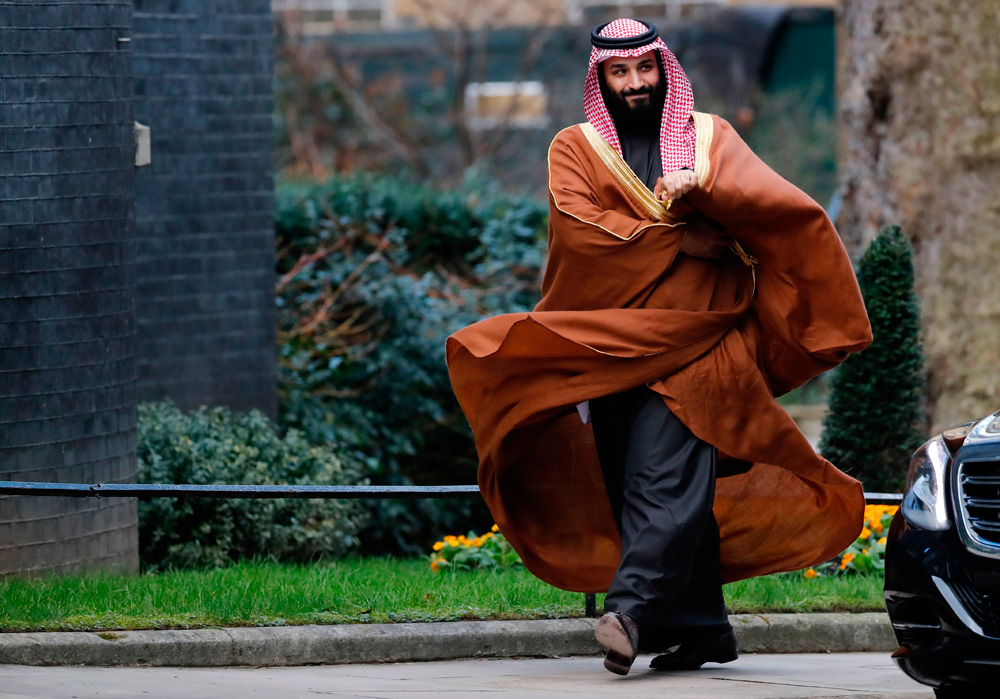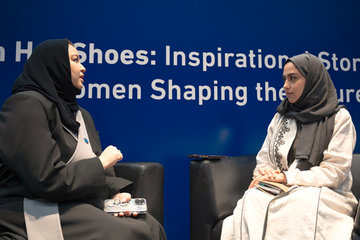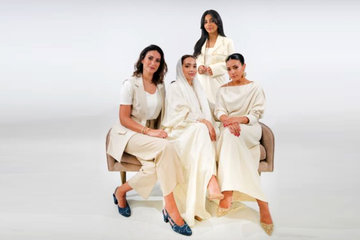
Saudi Crown Prince, Mohammed bin Salman
Saudi Arabia’s Crown Prince Mohammed Bin Salman has been working diligently over the past year on steering the Kingdom towards a new path in its economic and social advancement. Under Vision 2030, the Kingdom’s plan for economic reform and reduction on oil dependency spearheaded by the Crown Prince, the expansion of women’s rights and increased female participation in all facets of life has been placed at the forefront of reformation efforts.
Following his rise to power in 2017, the 32-year-old Prince has particularly been a vocal and avid advocator of women’s rights in the Kingdom, loosening a number of restrictions on women such as on their movements, the way they dress, and access to work opportunities. For instance, in September last year, women were finally allowed to enter public stadiums and the country’s longstanding prohibition on women motorists that has been in place since 1990 was also lifted. In addition, the Crown Prince lessened the power of the Kingdom’s religious police, which was previously focused on imposing modest dress on women and preventing the mixing of unrelated women and men.
This year has also seen key developments for women in the country. Just this week, the Crown Prince announced that women in Saudi Arabia need not wear the head cover or the black abaya as long as their attire is “decent and respectful,” and he also announced that the government was working on an initiative “to introduce regulations ensuring equal pay for men and women.” In addition, women can now join the army and Civil Defence.
During his recent tour of the United States, the Crown Prince explained in an interview on CBS’ “60 Minutes” that generations of Saudi Arabians have had to live through a period of ultraconservatism that spread after 1979. Prior to this period, he explained that Saudis led a “very normal life like the rest of the Gulf countries. Women were driving cars. There were movie theaters in Saudi Arabia. Women worked everywhere. We were just normal people developing like any other country in the world until the events of 1979.”
Today, as he continues to take concrete steps towards returning the Kingdom to the moderate Islam of its past, the Crown Prince is working on improving the rights of women in the Kingdom and expanding their role in the work force. A number of key appointments have been made on all levels since last year, such as Princess Reema Bint Bandar as President of the Saudi Federation for Community Sports, making her the first woman to lead a sports federation in the Kingdom, and Fatimah Baeshen, spokesperson for the Saudi embassy in Washington, USA, the Kingdom’s first female spokeswoman abroad.
“We are all human beings and there is no difference,” explained the Crown Prince in the interview. “We have extremists who forbid mixing between the two sexes and are unable to differentiate between a man and a woman alone together and their being together in a workplace. Many of those ideas contradict the way of life during the time of the prophet and the Caliphs. This is the real example and the true model.”

















